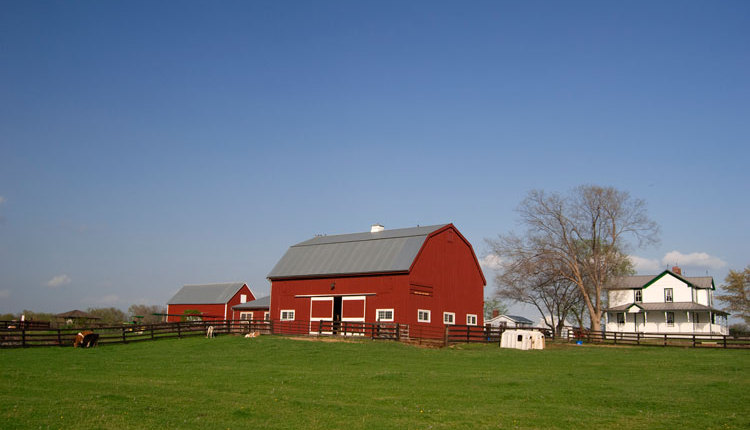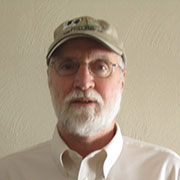
Among farm families, it is more and more common to hear of households that also pursue off-farm ventures. A report from USDA’s Economic Research Service shows that there is good reason for that.
Based on their analysis of data reported in the Agricultural Resource Management Survey, farm household income volatility declined 1.2 percent per year from 1996 to 2013. That being said, of the 27,515 observations of farms with incomes from on and off the farm, the median change of total income was $100,925 slightly more than the median farm household income during that same time, which amounted to $98,893.
For a little bit of perspective, the off-farm income of those households had a median absolute change from 1996 to 2013 of $16,793. In contrast, during that same time period the median volatility of farm incomes was $86,462.
When compared to studies of nonfarm households during the same period, their median absolute change in household income was about $11,000 or 25 percent of their median income.
Twenty-six percent of farm households recorded negative income in at least one of the survey years and 4 percent recorded negative income in two survey years.
The surveyed farms were more likely to report greater volatility if they were a crop operation as opposed to a livestock farm. If the individual operating the farm did so as his or her primary occupation, that household was 63 percent more likely to experience greater volatility.
More education of the main operator tended to be linked to less volatility with that connection growing as education level advanced. Married operators also tended to experience less volatility. Farm households that recorded less than $750,000 in assets instead of any amount over that level recorded much lower volatility.

The author is an associate editor. She covers feeding and nutrition, youth activities and heads up the World Dairy Expo Supplement. Maggie was raised on a 150-cow dairy near Valley Center, Kansas, and graduated from Kansas State University with degrees in agricultural communications and animal sciences.

Join us on March 13 at noon CST for our next webinar, "Making use of all that parlor data" by David Reid, D.V.M. The presenter will be David Reid, D.V.M., of Rocky Ridge Dairy Consulting. This webinar will review a Dairy Comp305 parlor performance summary, which provides insight into managing cows, people and milking equipment. The goal is to understanding what the numbers mean, how they are calculated, and how to use them to motivate employees.







